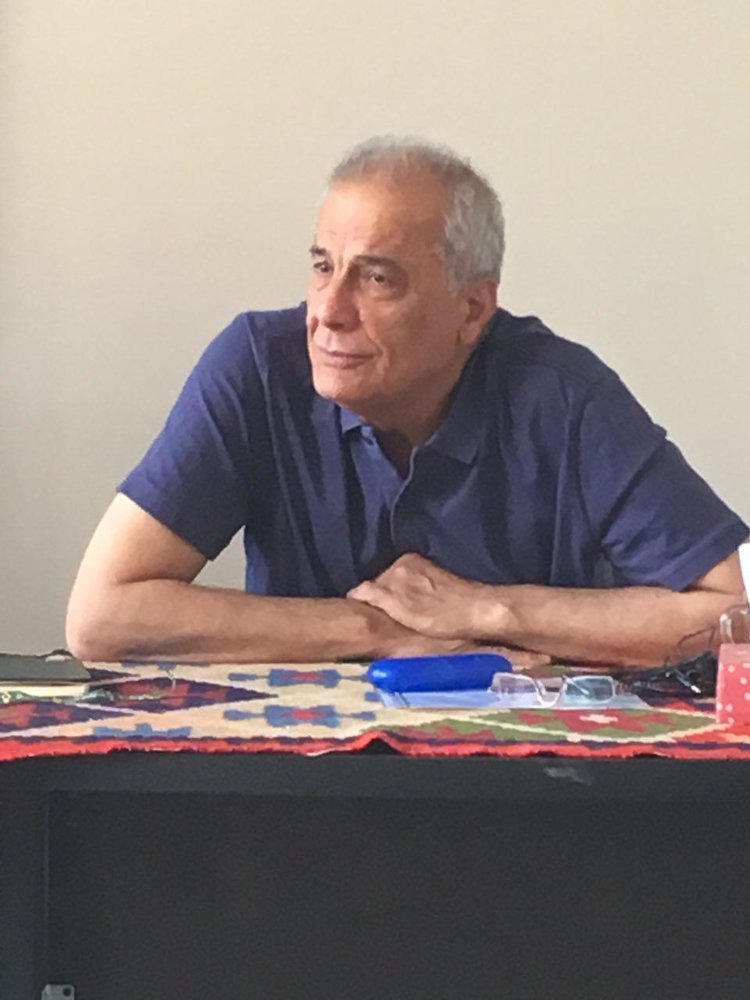U.S. lacks enough power to intervene in Syria: scholar

TEHRAN - A prominent scholar says that the U.S. does not have the “tools”, “capacities” and “might” to militarily intervene in the Syrian crisis.
“The U.S. does not have might of a superpower anymore. The U.S. government does not want to admit this reality,” Modjtaba Sadria told Tehran Times in an exclusive interview on Wednesday.
Sadria said “Airstrike against Syria was a policy adopted by a president [U.S. President Donald Trump] who wants to believe that his country has the power that it used to have.”
On April 7, the U.S. launched cruise missiles at Syria’s Shayrat airfield from which President Donald Trump claimed a chemical weapons attack had been launched. The suspected chemical attack in the northern Syrian province of Idlib on April 4 left at least 80 people killed and hundreds injured.
The scholar said the U.S. airstrike against Syria was a decision by policy makers in order to reassure themselves and the public opinion that “they can do something effective”.
“I think it is a very simplistic approach in the current complicated world to consider that decisions on political processes can be made by one person, particularly by the U.S. (president) in which there are many structured interests,” he noted.
He added that the U.S. president may be able to push the decision makings to some extent, but he cannot change the “political momentum and processes completely”.
The scholar says the crisis in Syria is very complicated in which many actors are involved and such moves by the U.S. cannot change the “game the actors are playing tightly”.
The university professor said that the crisis in Syria is very complicated in which many actors are involved and such moves by the U.S. cannot change the “game the actors are playing tightly”.
Elsewhere, Sadria said that Saudi Arabia is very happy over U.S. airstrike against Syria because the Saudis hope that the attack would change the “political and military configuration” in the country.
However, he predicted, the effects of the U.S. attack will last only for a short term.
Commenting on similarities and differences between the U.S. airstrike against Syria and its 2003 invasion of Iraq, he said that the contexts are fundamentally different.
“The U.S. allies contributed a lot to the invasion of Iraq and this contribution were not made in the recent attack on Syria.”
“There are Russian and many other forces in Syria which support an outcome to the Syrian crisis that put an end to terrorist groups. Therefore, the context is very different from the attack on Iraq in which Saddam Hussein and his Ba’ath party were the only adversaries,” he stated.
On the influence of the airstrike on U.S.-Russia ties, the scholar said the two countries do not desire to spend too much resources in a conflict with each other.
“Russia has its own interests. It is a leftover of an empire which Putin [the Russian president] has made any efforts to restructure policies to give this leftover some solid capacities and these solid capacities will have been primarily based on avoiding any conflict,” Sadria commented.
He added that both the U.S. and Russia seek to prove that they are powerful, however their power is limited and their actions have to be limited.
